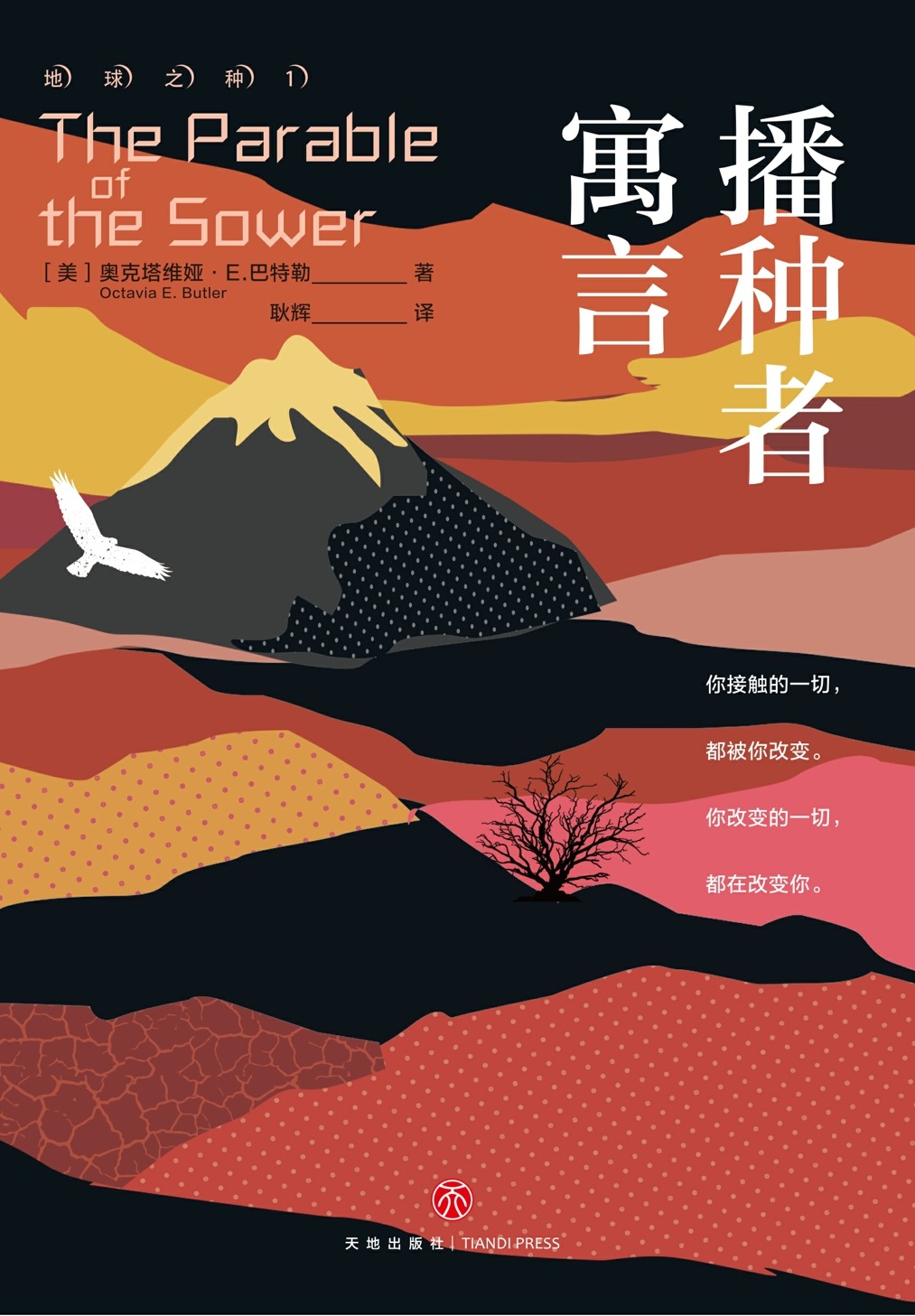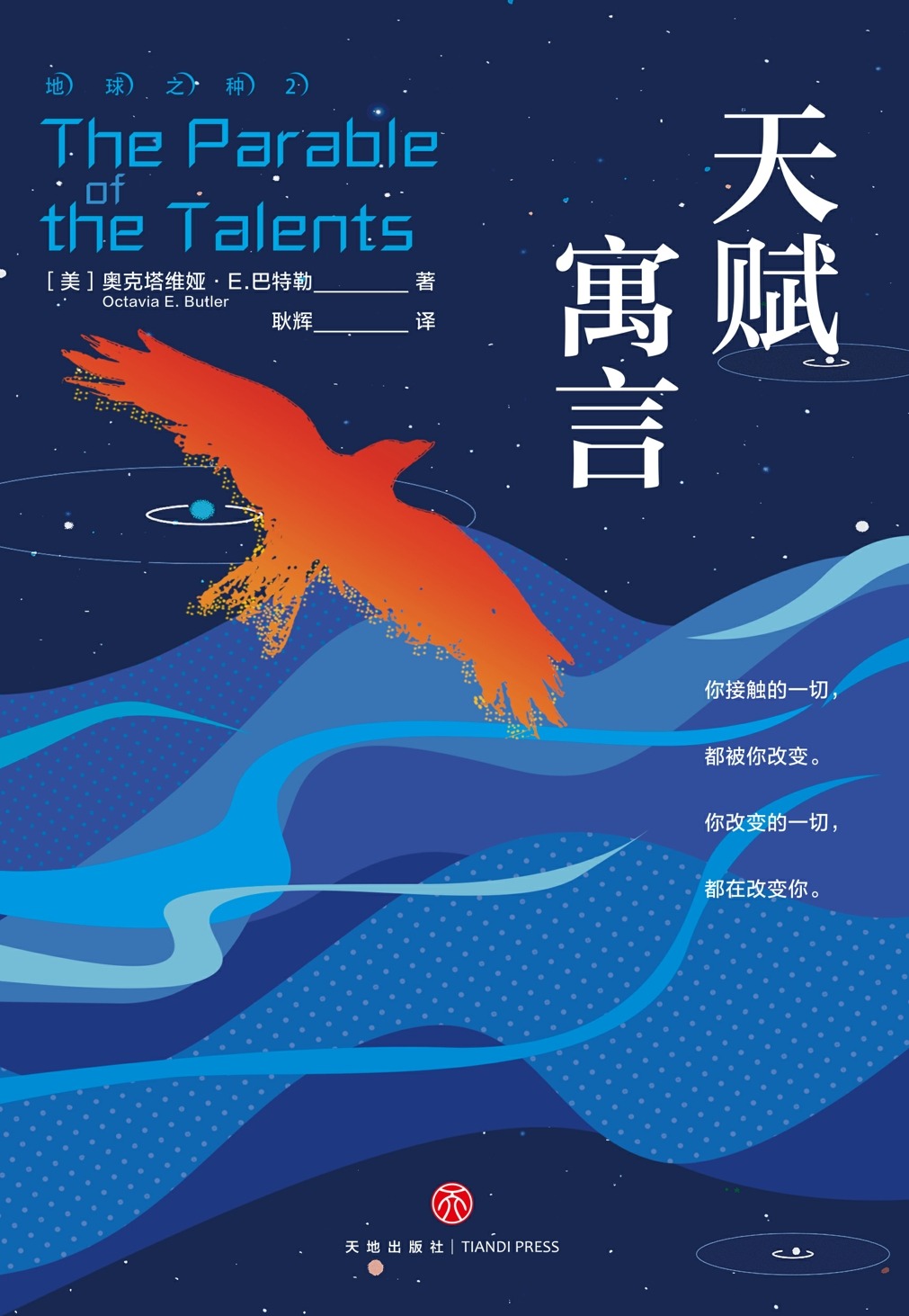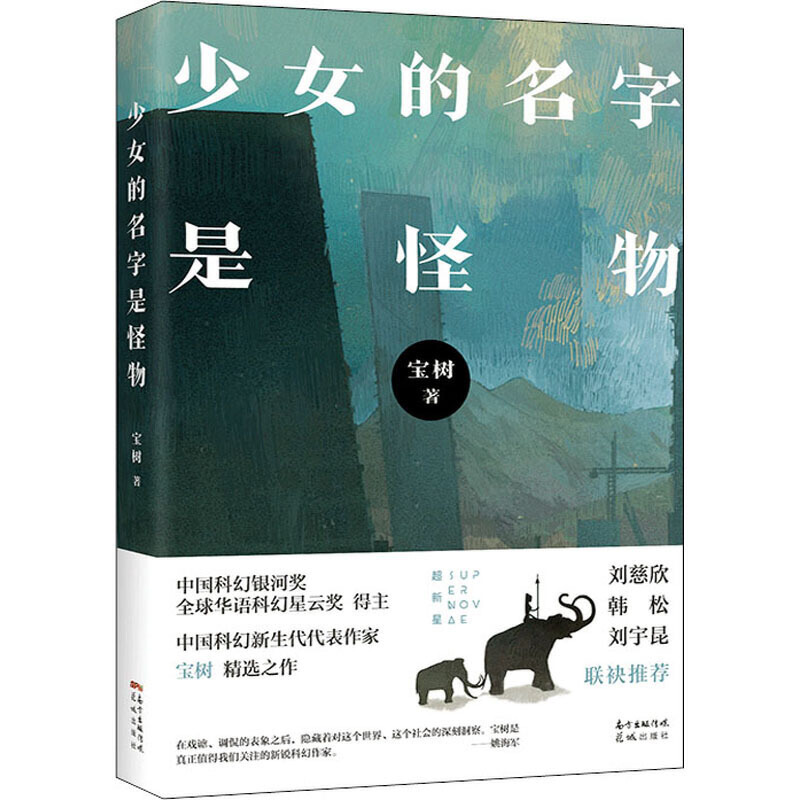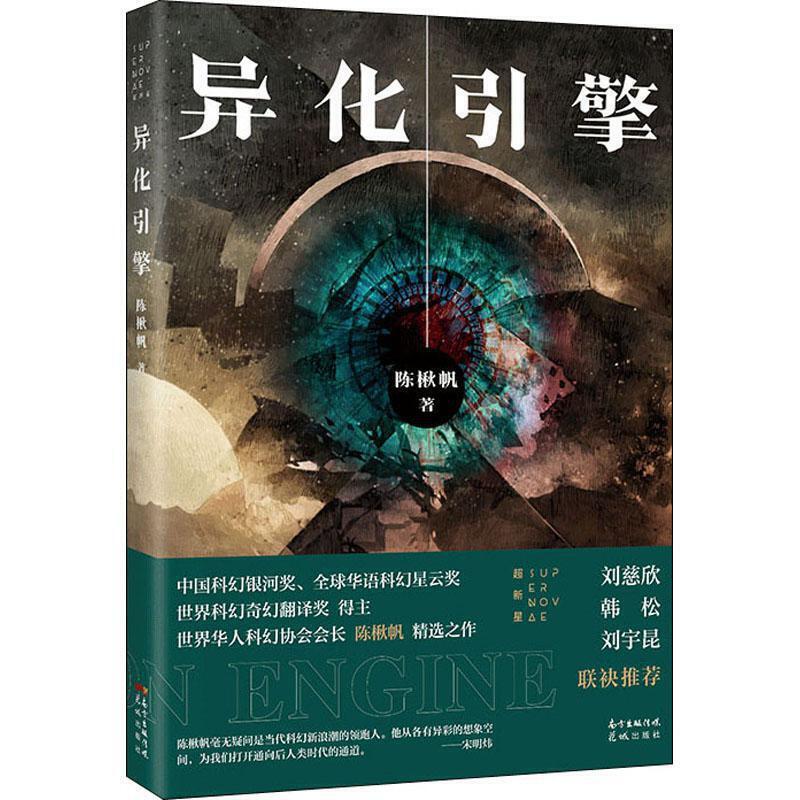I found English to Chinese translator Geng Hui(耿辉) while wandering to look for science fiction news or new interesting science fiction stories. He has translated science fiction stories written by some highly acclaimed authors like Ken Liu and Ted Chiang. But I think what’s really surprising is that he has translated new stories by new writers timely. His choices have a wide variety: from Hugo and Nebula Awards winning/nominated stories by authors including Carolin M. Yoachim, Tom Crosshill and Matthew Kressel to the latest stories by emerging writers just published in the venues like Clarkesworld, Tor.com and Lightspeed magazine.
The numbers of the stories he translated is over a hundred. However, I couldn’t find his information at all both English nor Chinese other than he was born in 1980s and has a day job.
So why not ask him directly? I tried!
*This is the first part of the interview and originally made in the end of year 2018.The interview was made in English via email by me (Terrie Hashimoto).
*You can check Geng Hui’s recent works here: https://site.douban.com/145351/
Q1: First of all, could you tell a little about yourself?
I am a Dalian city based engineer and have been here since my college days. My daily work is focusing on traction control system for high power locomotives and high speed trains. In spare time, I read and translate speculative fictions as a fan translator. I get more than 100 short stories published in China. My debut novel translation Soft Apocalypse (originally written by Will McIntosh) is published by Tsinghua University Press.
Q2: What was your “first contact” with Science Fiction?
My “first contact” with Science Fiction could be back to my teenage time. Jules Verne and H. G Well were both on my reading list of foreign literature, but that kind of experience didn’t change me into a enthusiastic SF fan. The tipping point of my metamorphoses is at reading The Wandering Earth by Liu Cixin. It blew my mind with its concept, romance and heroism right away. And I became a regular SF reader from then on.
Q3: When did you started reading SF in English?
At first, I read the Chinese translation of classic SF works and tried to figure out what other best works by the same authors should I read. If there wasn’t any translation I would turn to the original texts.
Q4: How did you become a translator?
(Being scouted? Submitted manuscripts by yourself?)
As an active but not social fan, I always wanted to commit myself to fandom more than just a reader, but definitely knew better than to be a writer or an artist. So it occurred to me that it would be nice to become a SF translator because there were so many terrific works out there which couldn’t be read by Chinese readers. Although, I wasn’t a English major student at the time. Anyway, I started practicing. Then failing at finishing and submitting the first a few, I got one short story published by SFW (Science Fiction World), which is The Nine Billion Names of God by Arthur C. Clarke.
Q5: Is there a hero translator for you? Or an editor/anthologist?
Some people do help me a lot with my translation career, but I don’t intend to call them hero. As a friend, translator and the author whose works I have translated most, Ken Liu has some insightful thoughts about translation and culture exchange that I do digest from time to time, more philosophically than technically. Another mentor of mine is Jenny Bai (白俊霞), who is a former editor at SFW and my very first one. Thanks to her, I got my first publication and many more during the later years. More than that, she taught me a lot about translating and publishing.
However, there is one person that I consider a shero. She is the late Octavia E. Butler. Her writing is brutal and hopeful, powerful and visionary. She teaches me resisting and persisting. I am working on the translation of her Parable of the Sower, which makes me the luckiest guy in the world.
Q6: About Staying Behind and Other Stories (《奇点遗民》), Ken Liu’s fourth short story collection in China , did you choose the stories to be translated by yourself?
The basic idea of Staying Behind and Other Stories (《奇点遗民》) came from my editor at CITIC, who bought Ken Liu’s first collection in China after its copyright was back to the author. I just throw in several other later works so it wouldn’t be a repeat. When we got Ken’s confirmation, the TOC was nailed.
Q7: I am curious about ZUI Found (文艺風赏) magazine which was run and participated by a lot of “Post-80s” people as you are. It might not focus only on SF, but once you were a regular contributor.
My question is, why was it so strong in SF? How and why did you join it?
Before my appearance on ZUI Found (文艺风赏), I knew it as a literature magazine with original Chinese SF works published occasionally. And to develop new avenue for my translation is kind of always my hobby. So I tried them with a story which would fit for the magazine as far as I concerned. It was indeed much stronger in SF in the following years, but I am not entitled to say why. I am just happy to work with them.
Q8: You now have wider opportunities in some other non-SF magazines,like 萌芽 and 第九区.
Is SF translation published on non-SF magazines common in China? Or is it because of the current SF boom?
As I said, wider opportunities in non-SF magazines are what I have been pursuing, but SF translations are not easy to publish in China, especially for someone like me who has his/her own choices. I don’t think there is a SF boom in China. Although those who are in the field are trying their best to promote, we are not even close to a boom.
Q9: Speaking of magazines, what are your favorite Chinese or English SF magazines?
If there are any magazines you miss the cease, please also let me know.
ZUI Found has the best team which I have worked with. Science Fiction World and Non-Exist Daily are most professional magazines in China. Former is traditional and latter more new-media-oriented. As for the foreign ones, I think Tor.com is on the top of my mind. It has some of the best short story editors in the field.

Q10. Can I ask more about author Octavia E. Butler? Do you remember how you found her works?
I found her short stories years ago when combing through Hugo and Nebula Awards lists, and read Bloodchild and then the whole collection before her tragic death. Instead of her award-winning ones I like The Evening and the Morning and the Night a lot. There is a disabled and gifted protagonist in it who was recruited to build a community for his own kind, which gives me a similar vibe as her Parables.
Q11. Butler’s Parable series will be published in Japan in 2022. (Can’t wait!) Can you tell me what you love the most of this series? Please recommend the books to us.
They are definitely worth waiting. Can I say I love everything about Parable series? From the prophetic depiction of our bleak near future to the dream of taking root among the stars, everything. However what impresses me most is that Butler never allowed her protagonist Lauren to give up hope even though she was put on a shocking collar and enslaved. If hopepunk is trending up, they would qualify as major ones of that genre. By the way, even the description of her unfinished third one from the series, Parable of the Trickster, is a great joy to read. It focuses on human colony on a distant planet and difficulties to settle down there. Hope we could read them from the Library of America edition of Butler’s whole body of works.

Q12. What was the hardest translation for you from English into Chinese?
I don’t have a specific one but there are some points I can single out. When a poem or a section of verse needs to be translated, I feel not very confident to deal. Ken Liu cited Edna St. Vincent Millay, Emily Dickinson and T. S. Eliot in his short stories. Octavia E. Butler was inspired by Tao de Ching to create a fictional religious book of verses, Earthseed: the Books of the Living, in Parable series. When translating these materials, I am not sure how much I should stick to the original formation and to what extent I should be flexible because of lack of experience. Sometimes I discuss with my editor, the author, scholars or peer translators to figure them out.
Another problem is that singular they or its derivative forms are used more and more in English as a gender-neutral singular pronoun, but in Chinese, we don’t have a counterpart as the singular they. The gender-neutral third person singular pronoun for people is either male or female, so we don’t have a perfect way to deal with this problem. I have a makeshift solution for now, but still think we need a new Chinese character.
Q13. Do you discuss or talk about English SF with other Chinese SF translators/editors/readers? (If yes, how often do you do? From “not at all” to “frequently”. If no, how do you motivate yourself to keep reading and translating?)
Occasionally readers discuss with me about the background of the original story, the authors or how to get started as a translator. I have some close translator friends and we would ask each other for critics on our own works. If I am invited by an editor but don’t have time or interest, I will try to introduce another translator to the editor. If they turn out to work together on the book, I would feel great.
When I come across a new book that interests me, I’ll read the reviews or the book, and then I’ll talk to some editor about it. I don’t expect them to like every book I recommend, but if they do we’ll consider introducing it together. However, even if my editor and I both love it, that doesn’t mean it’s going to meet Chinese readers successfully. There are always some uncertainties in the publishing industry.
Q14. Do you still read Chinese SF? If yes and if you have any favorite Chinese SF writers other than Liu Cixin, please let me know!
A5. Honestly, I don’t think I have read enough Chinese SF works, but would like to recommend short works by Chen Qiufan and Baoshu, which are included in Japanese version of Ken Liu’s Chinese SF Anthologies. They both have new collections coming out this summer. Hope you have chance to read them soon.


Q15 Do you have any concepts to choose works to be translated? Like “I’ll translate it because it’s on trend. / it’ll be loved by Chinese readers. / it was written by a new writer who isn’t known much” and so on.
Usually I have my own choice in shorter ones. I keep an eye on major online zines. If interesting titles or familiar authors catch my attention, I would like to read them. If the works do touch me, I’ll make them my translation project. Also to make sure they can be published in Chinese I need to pitch them to my editors. They read it in English or I brief them about it and then I wait for their green light. I will talk about my intention to translate and the paying rate with the authors if their works are accepted. Normally they are happy with me translating and give us the permission to publish. As for the novel, much of the alternatives come from editors, which I need to deal with more cautiously. Helping a new writer get recognized in China always excites me and makes me feel accomplished. Sometimes I do depend on reviews and recommending lists to make my choice, but basically, my interest matters most.
Q16. Do you have a dream or next project to be real?
There is no adaptation of Octavia E. Butler’s writing until recent years. One of them that I love is the graphic novel adaptation of Parable of the Sower by Damien Duffy and John Jennings. I would be thrilled if the opportunity to translate it is mine. I have contacted some editors and publishers, but got no luck for now.
One of my short story translations that I keep recalling is The Floating Girls: A Documentary by Damien Angelica Walters. It tells the story that certain girls mystically floated up and disappeared into the sky. Some people couldn’t forget them and shoot a documentary to track the event. During the pandemic Covid19, Damien expanded it into a Novel called The Floating Girls: A Novel, which as she said, “focuses heavily on the social reasons behind the floating girl.” I am eager to read the novel and see if it can be made into a translation project.
Thank you very much!

